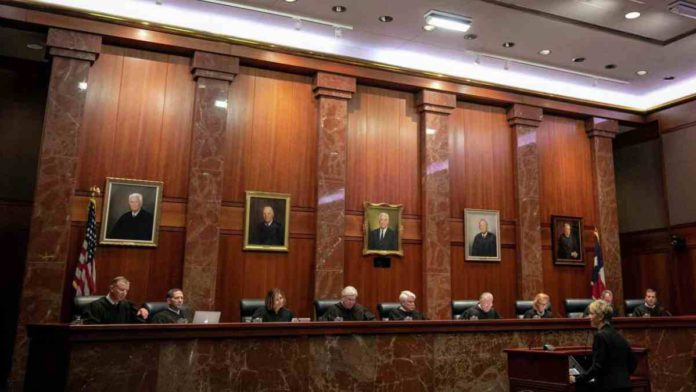A US court in Washington DC has ruled that an artwork produced by artificial intelligence without any human involvement is not protected by copyright under US law. US District Judge Beryl Howell ruled on Friday that only work by human authors are eligible for copyrights, upholding the Copyright Office’s decision to deny computer scientist Stephen Thaler’s application on behalf of his DABUS system.
The ruling on Friday comes in the wake of failures for Thaler in his attempts to get US patents for ideas he claimed were produced by DABUS, or Device for the Autonomous Bootstrapping of Unified Sentience. With very limited success, Thaler has also applied for DABUS-generated patents in the UK, South Africa, Australia, and Saudi Arabia.
Ryan Abbott, Thaler’s attorney, declared on Monday that they will appeal the judgment since they strongly disagree with it. In a statement released on Monday, the Copyright Office stated that it “believes the court reached the correct result.”
Read More: UK to Invest £100m in AI Chips Production Amid Global Competition
New intellectual property concerns have emerged in the quickly expanding generative AI sector. Recently, the Copyright Office also rejected an artist’s request for copyrights on photographs produced by the AI system Midjourney, despite the artist’s claim that the system was an integral part of their creative process.
A number of ongoing legal actions have also been brought against the wrongful training of generative AI using copyrighted material. “We are approaching new frontiers in copyright as artists put AI in their toolbox,” Howell said on Friday, adding that this will lead to challenging questions for copyright law.
Thaler submitted an application for a copyright in 2018 for “A Recent Entrance to Paradise,” a work of art he claimed his AI system produced entirely on its own without any human input. Last year, the office denied the application and stated that in order for creative works to be copyrighted, they must have human writers.
In a lawsuit against the ruling, Thaler argued that human authorship is not a legally binding condition and that permitting AI copyrights would be consistent with the US constitution’s stated purpose for copyrights, which is to promote the progress of science and useful arts. The Copyright Office and Howell both agreed that human authorship is a bedrock requirement of copyright based on “centuries of settled understanding”.


